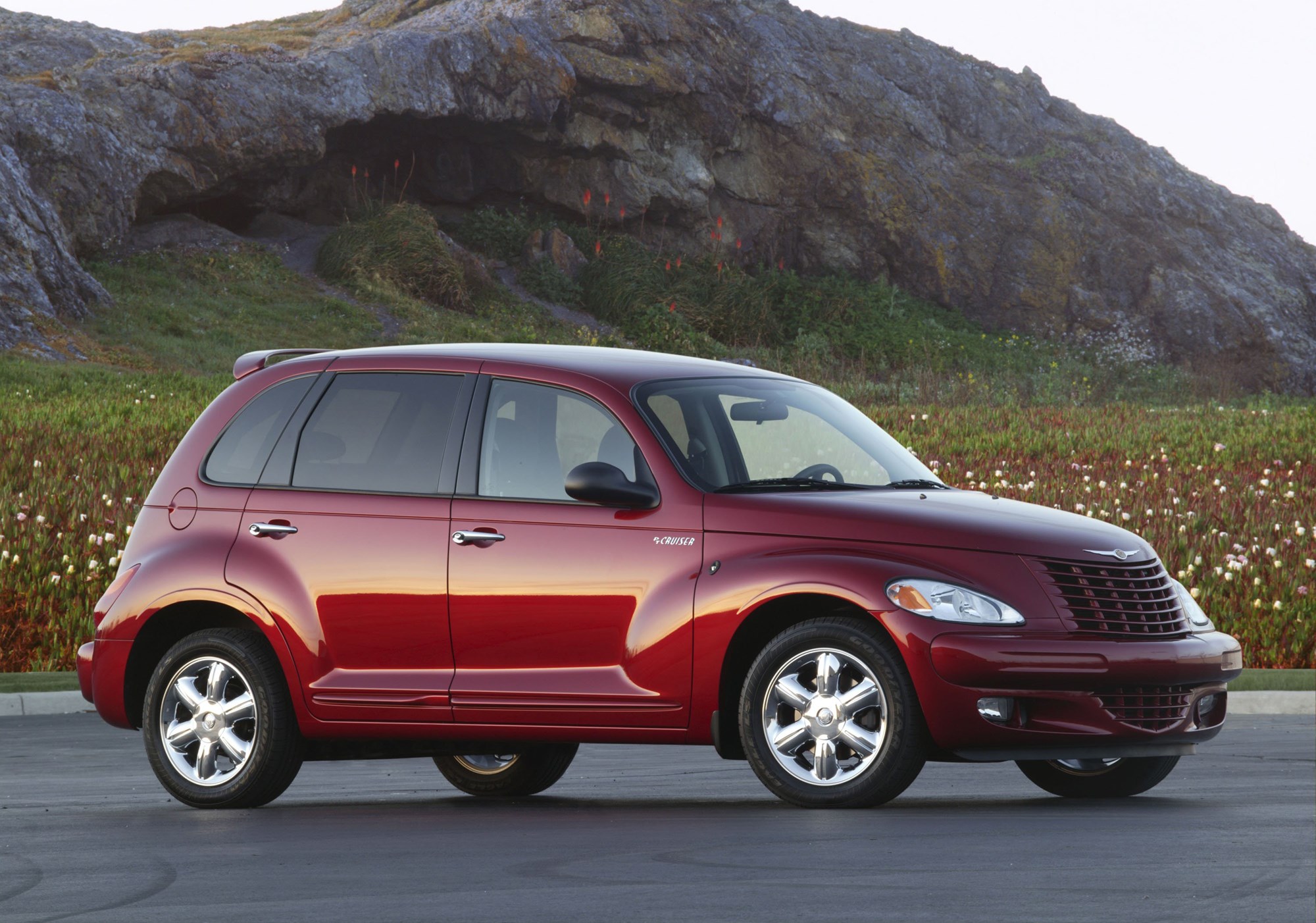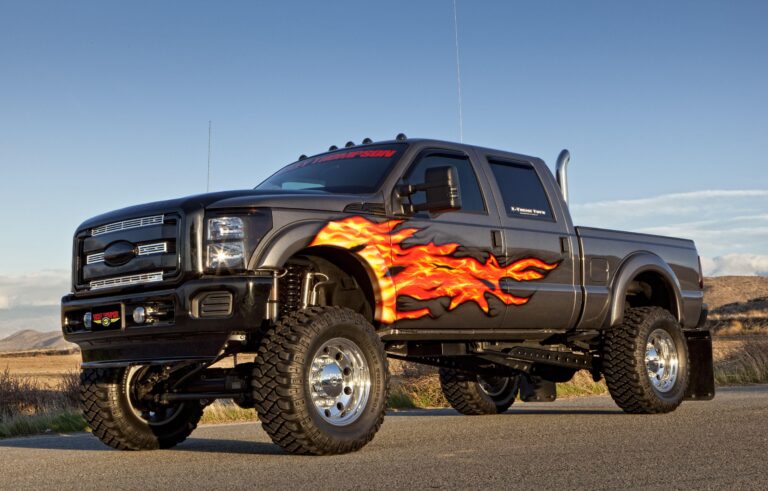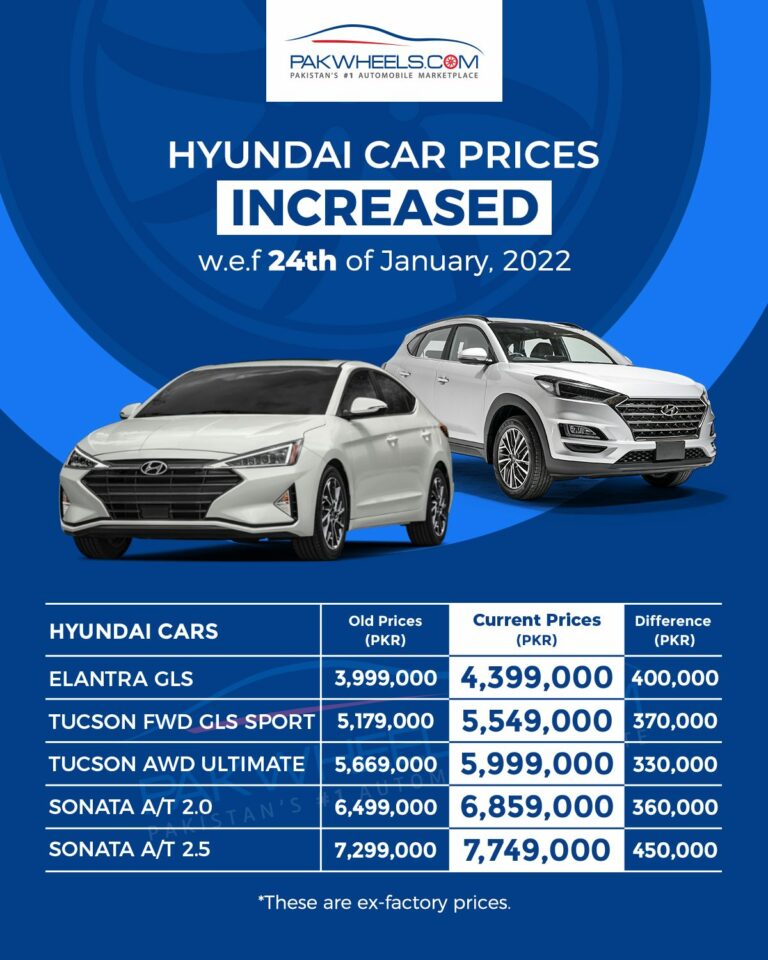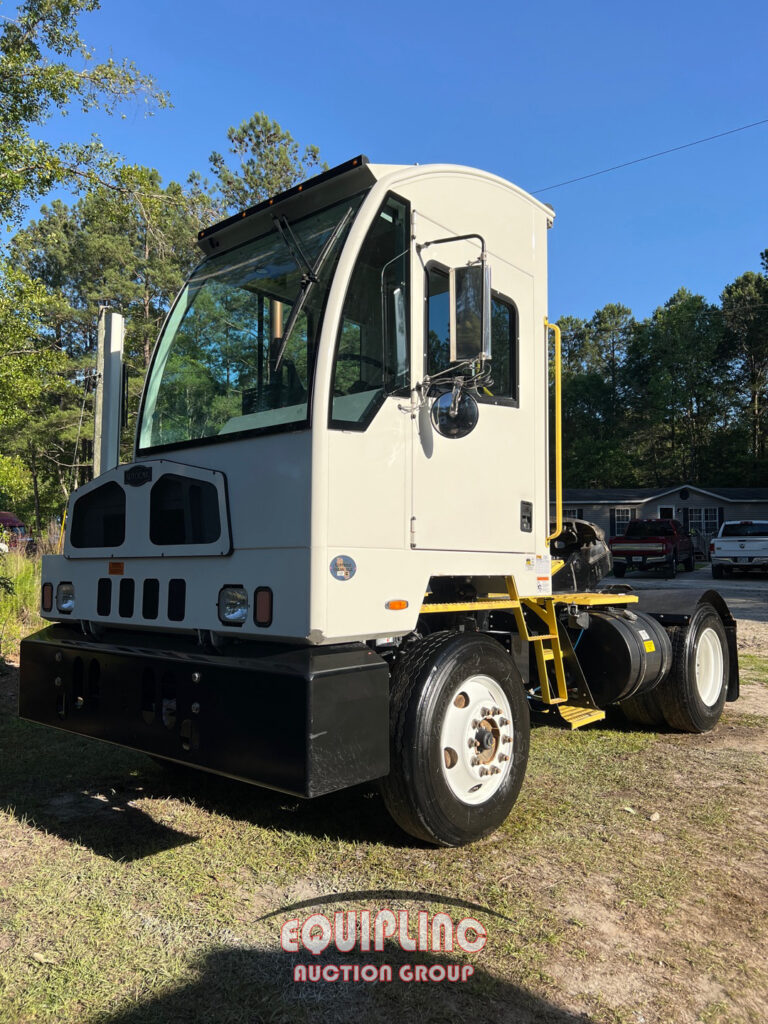Car Performance Brands: The Pursuit of Automotive Excellence
Car Performance Brands: The Pursuit of Automotive Excellence cars.truckstrend.com
In the vast and varied world of automobiles, there exists a specialized realm dedicated to the relentless pursuit of speed, power, precision, and exhilaration: Car Performance Brands. These aren’t just car manufacturers; they are engineering powerhouses, design innovators, and custodians of automotive passion, pushing the boundaries of what a vehicle can achieve. From roaring engines and lightning-fast acceleration to razor-sharp handling and breathtaking aesthetics, performance brands embody the pinnacle of automotive engineering and driver engagement.
For enthusiasts, a car from a performance brand is more than just transportation; it’s a statement, a lifestyle, and a finely tuned instrument designed to deliver an unparalleled driving experience. Understanding these brands means delving into their heritage, their technological prowess, and the unique philosophies that set them apart in a highly competitive industry. This guide aims to demystify the world of car performance brands, offering insights into their diverse categories, the benefits they offer, and the considerations for anyone aspiring to join the ranks of high-performance driving.
Car Performance Brands: The Pursuit of Automotive Excellence
The DNA of Performance Brands: Engineering Excellence and Driving Passion
What truly defines a car performance brand? It’s a combination of several critical elements that transcend mere horsepower figures. At their core, these brands are driven by:
- Engineering Prowess: They invest heavily in research and development, pioneering new engine technologies, advanced aerodynamics, lightweight materials, and sophisticated suspension systems. Their focus is not just on raw power but on how that power is delivered, controlled, and translated into an engaging driving experience.
- Racing Heritage: Many iconic performance brands were born on the race track, using motorsport as their ultimate testing ground. This heritage often imbues their road cars with race-bred technologies, durability, and a competitive spirit.
- Exclusivity and Craftsmanship: Performance vehicles often involve meticulous hand-assembly, bespoke components, and a level of attention to detail not found in mass-produced cars. This contributes to their exclusivity and often, their higher price point.
- Driver Engagement: The ultimate goal is to create a symbiotic relationship between car and driver. This means precise steering, communicative chassis feedback, responsive powertrains, and interiors designed to optimize the driving position and control.
- Technological Innovation: From adaptive suspensions and active aerodynamics to advanced traction control systems and hybrid powertrains, performance brands are often at the forefront of automotive innovation, integrating cutting-edge technologies to enhance both performance and safety.

Categories of Car Performance Brands
The landscape of car performance brands is diverse, encompassing various approaches to achieving automotive excellence. They can broadly be categorized into:

1. OEM Performance Divisions
These are in-house tuning arms or sub-brands of mainstream car manufacturers, dedicated to enhancing existing models or developing standalone performance variants. They leverage the parent company’s resources while infusing a distinct performance DNA.
- Examples: Mercedes-AMG (Mercedes-Benz), BMW M (BMW), Audi Sport / RS (Audi), Porsche (Volkswagen Group), Lexus F (Lexus), Cadillac V-Series (Cadillac), Honda Type R (Honda), Hyundai N (Hyundai), Polestar (Volvo).
- Characteristics: Offer a balance of everyday usability with significant performance upgrades. Benefit from the parent company’s dealer network and warranty.

2. Dedicated Performance & Luxury Sports Car Manufacturers
These brands exist solely to build high-performance, often luxury, sports cars and supercars. Their entire philosophy revolves around pushing the limits of automotive performance and design.
- Examples: Ferrari, Lamborghini, McLaren, Aston Martin, Bugatti, Koenigsegg, Pagani, Lotus, Rimac.
- Characteristics: Uncompromising performance, exotic materials, bespoke craftsmanship, extreme exclusivity, and often eye-watering price tags. Less emphasis on practicality, more on pure driving thrill and prestige.
3. Aftermarket Performance Specialists & Tuners
These companies specialize in modifying existing production cars, often from mainstream manufacturers, to extract significantly higher performance. Some also build their own limited-run vehicles based on existing platforms.
- Examples: Brabus (Mercedes-Benz tuning), Alpina (BMW tuning, now part of BMW), ABT Sportsline (VW Group tuning), Hennessey Performance (various marques, builds hypercars), Roush Performance (Ford tuning), Saleen (Ford tuning).
- Characteristics: Offer highly customized and often extreme performance upgrades. Can provide a way to achieve supercar-level performance from a more accessible base vehicle, albeit with potentially higher maintenance and specific warranty considerations.
4. Performance Parts Manufacturers (Suppliers)
While not "car brands" in the sense of building complete vehicles, these companies are crucial enablers of performance. Their specialized components are often found in high-performance vehicles, both OEM and aftermarket, and are popular for enthusiast upgrades.
- Examples: Brembo (brakes), Öhlins (suspension), Akrapovič (exhausts), Recaro (seats), BBS (wheels), Garrett (turbos), KW Suspensions.
- Contribution: They provide the high-quality, specialized components that underpin the performance capabilities of the cars from the categories above.
Key Characteristics & Technologies Driving Performance
The magic of performance brands lies in their meticulous attention to detail and integration of cutting-edge technologies:
- Engine Innovation: Beyond sheer displacement, modern performance engines feature advanced turbocharging, direct injection, variable valve timing, and increasingly, hybridization or full electrification to deliver instant torque and immense power.
- Advanced Chassis & Suspension: Adaptive dampers, air suspension, active anti-roll bars, and sophisticated multi-link setups ensure optimal handling, grip, and ride comfort across various conditions.
- Lightweight Materials: Extensive use of carbon fiber (monocoques, body panels), aluminum alloys, and titanium helps reduce weight, improving acceleration, braking, and agility.
- Braking Systems: High-performance cars employ large, multi-piston calipers gripping carbon-ceramic or large steel rotors for fade-resistant, powerful stopping power.
- Aerodynamics: Carefully sculpted bodywork, active spoilers, diffusers, and underbody elements generate downforce for stability at high speeds and reduce drag.
- Driver-Focused Interiors: Ergonomic seating, intuitive controls, performance-oriented instrumentation, and high-quality materials enhance the connection between driver and machine.
The Benefits of Choosing a Performance Brand
Opting for a vehicle from a performance brand offers a unique set of advantages for the discerning driver:
- Unparalleled Driving Dynamics: The primary allure is the thrill of driving – blistering acceleration, precise steering, tenacious grip, and a symphony of engine notes.
- Exclusivity & Prestige: Owning a vehicle from a renowned performance brand often signifies a certain status and appreciation for automotive excellence.
- Advanced Technology Showcase: These cars are often rolling laboratories, featuring the latest innovations in powertrain, chassis, and safety technologies.
- Strong Resale Value (for some models): While depreciation is a factor for all cars, certain iconic performance models and limited editions can hold their value remarkably well, or even appreciate.
- Community & Lifestyle: Owning a performance car often opens doors to enthusiast communities, car clubs, and exclusive events, fostering a shared passion.
Important Considerations Before Buying/Upgrading
While the appeal is undeniable, prospective owners must consider several practical aspects:
- Cost: Beyond the purchase price, consider insurance (often significantly higher), fuel consumption (premium fuel is typically required), and maintenance (specialized parts and labor are expensive).
- Practicality: Many performance cars prioritize dynamics over daily usability, often having limited cargo space, stiff rides, and potentially poor visibility.
- Maintenance & Reliability: High-performance components are often stressed more, requiring more frequent and specialized maintenance. Research specific models for common issues.
- Skill Level: Handling a powerful, high-performance vehicle safely requires a certain level of driving skill. Consider advanced driver training.
- Purpose: Determine if the car will be a daily driver, a weekend toy, or a dedicated track machine, as this will influence your choice.
Tips for Aspiring Performance Enthusiasts
For those looking to enter the world of high-performance driving:
- Start Safely: Enroll in performance driving schools or track day events to learn vehicle control in a safe, controlled environment.
- Research Thoroughly: Don’t just fall for the looks. Understand a car’s full ownership costs, reliability record, and suitability for your intended use.
- Budget Wisely: Account for not just the purchase price but also insurance, fuel, maintenance, tires, and potential modifications.
- Understand Modifications: If considering aftermarket tuning, research reputable tuners, understand warranty implications, and be aware of local regulations regarding emissions and noise.
- Connect with Communities: Join online forums, local car clubs, or attend car meets. Learning from experienced owners can provide invaluable insights.
Challenges & Solutions in the Performance Car World
- Challenge: Fuel Economy & Emissions: High-power engines often consume a lot of fuel and produce higher emissions.
- Solution: Performance brands are increasingly adopting hybridization and full electrification (e.g., Porsche Taycan, Rimac Nevera, Ferrari 296 GTB) to improve efficiency and reduce environmental impact without sacrificing performance.
- Challenge: High Insurance Costs: Insuring a high-value, high-risk vehicle can be prohibitive.
- Solution: Shop around for specialized performance car insurance providers. Some offer policies tailored to classic or high-performance vehicles.
- Challenge: Complex Maintenance & Repairs: Specialized components require expert knowledge and tools.
- Solution: Stick to authorized dealerships or highly reputable independent specialists with proven experience with your specific brand and model.
- Challenge: Depreciation: While some models hold value, many performance cars depreciate significantly.
- Solution: Research the market carefully. Consider buying a slightly used model to let the initial depreciation hit someone else, or invest in well-maintained, iconic models known for value retention.
Car Performance Brands: A Price Overview
Understanding the "price" of car performance brands can refer to the cost of their vehicles or, in the case of aftermarket tuners, the cost of their upgrades. Below is a general price range for new vehicles or significant upgrades from various representative brands. These are starting price ranges and can vary wildly based on model, options, customization, and market conditions.
| Brand Category | Brand Name | Typical Starting Price Range (New Vehicles/Major Upgrades) | Key Offering | Notes |
|---|---|---|---|---|
| OEM Performance Divisions | BMW M | $70,000 – $180,000+ | M3, M4, M5, M8, X5M/X6M | High-performance versions of standard BMW models. |
| Mercedes-AMG | $75,000 – $300,000+ | C63, E63, GT, S63, G63 | Performance arm of Mercedes-Benz, wide range of models. | |
| Audi Sport / RS | $70,000 – $150,000+ | RS3, RS5, RS6, RSQ8 | Performance variants of Audi’s lineup. | |
| Porsche | $65,000 – $300,000+ | 718 Cayman/Boxster, 911, Panamera, Taycan, Cayenne | Dedicated sports car manufacturer, now part of VW Group. | |
| Lexus F | $50,000 – $100,000+ | IS F, RC F, GS F, LC 500 | Performance line of Lexus, known for V8 engines. | |
| Dedicated Performance/Luxury | Ferrari | $250,000 – $1,000,000+ | 296 GTB, SF90 Stradale, Roma, Purosangue | Iconic Italian sports cars and supercars. |
| Lamborghini | $230,000 – $600,000+ | Huracán, Revuelto, Urus | Bold, aggressive Italian supercars and SUVs. | |
| McLaren | $200,000 – $2,000,000+ | Artura, 750S, Senna, Speedtail | British manufacturer known for lightweight carbon fiber. | |
| Aston Martin | $150,000 – $500,000+ | Vantage, DB12, DBS, Valhalla | Luxury British sports cars, blend of performance & elegance. | |
| Koenigsegg | $2,000,000 – $5,000,000+ | Jesko, Gemera, Regera | Swedish hypercar manufacturer, extreme performance. | |
| Aftermarket Specialists | Brabus | $150,000 – $1,000,000+ | Modified Mercedes-Benz & Maybach models | High-end tuning and bespoke vehicles based on Mercedes. |
| Hennessey Perf. | $150,000 – $3,000,000+ | Venom F5, modified Ford, Chevy, Dodge models | American tuner, builds extreme performance cars & hypercars. | |
| Alpina | $80,000 – $170,000+ | Modified BMW models (B3, B7, XB7) | Historically independent BMW tuner, now BMW-owned. |
Note: Prices are estimates and subject to change. They represent starting MSRP for base models and do not include options, taxes, or delivery charges.
Frequently Asked Questions (FAQ) about Car Performance Brands
Q1: What makes a car a "performance car"?
A1: A performance car is designed and engineered for superior driving dynamics, including high power output, rapid acceleration, exceptional handling, and strong braking. It prioritizes driver engagement and exhilaration over everyday practicality or fuel efficiency.
Q2: Are performance cars good daily drivers?
A2: It depends on the specific model and your priorities. OEM performance divisions (like BMW M or Audi RS) often offer a good balance of performance and daily usability. Dedicated supercars (like Ferrari or McLaren) are typically less practical for daily commuting due to stiff suspension, limited ground clearance, and high running costs.
Q3: Do performance cars require more maintenance?
A3: Generally, yes. Their high-stressed engines, advanced components, and specialized parts often require more frequent and specialized maintenance, which can be more expensive than for a standard car. Tires and brakes also tend to wear out faster.
Q4: What’s the difference between OEM performance and aftermarket tuning?
A4: OEM performance cars are designed and built by the original manufacturer’s dedicated performance division (e.g., Mercedes-AMG is part of Mercedes-Benz). Aftermarket tuners (e.g., Brabus, Hennessey) modify existing production cars, often from different manufacturers, to enhance their performance beyond factory specifications. OEM performance typically comes with a full factory warranty, while aftermarket modifications can void warranties.
Q5: Are electric performance cars the future?
A5: Electric vehicles (EVs) offer instant torque and incredible acceleration, making them very suitable for performance applications. Brands like Porsche (Taycan), Rimac, and Lucid are already producing high-performance EVs. While traditional internal combustion engines will likely remain for some time, EVs are undoubtedly a significant part of the performance car future due to their inherent performance advantages and environmental benefits.
Q6: Is it worth spending more on a performance brand?
A6: For enthusiasts who prioritize driving thrill, advanced engineering, exclusivity, and a strong connection to the road, the additional investment in a performance brand is often considered worthwhile. However, if your primary need is just transportation, the added cost may not be justified.
Q7: How do I get into performance driving safely?
A7: The safest way to experience performance driving is by attending a professional driving school or participating in organized track days. These events provide expert instruction and a controlled environment to explore a car’s capabilities without risking public roads or personal safety.
Conclusion: The Enduring Allure of Performance
Car performance brands represent the pinnacle of automotive aspiration, where engineering artistry meets the thrill of the open road. Whether it’s the precision of a German-engineered sports sedan, the passion of an Italian supercar, or the raw power of an American muscle car, these brands offer an experience that transcends mere transportation. They are a testament to human ingenuity and the enduring desire to push boundaries, delivering not just speed and handling, but an emotional connection that truly sets them apart.
While owning such a vehicle comes with its considerations, the rewards for the true enthusiast are immeasurable. As the automotive landscape evolves, with electrification and new technologies taking center stage, car performance brands will undoubtedly continue to innovate, ensuring that the pursuit of automotive excellence remains as vibrant and exhilarating as ever. For those who live and breathe cars, the allure of a performance brand is, and will always be, irresistible.





